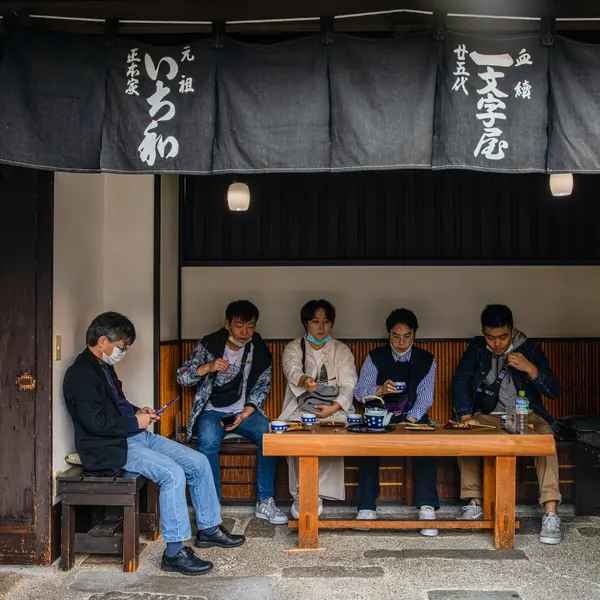Those who followed the origins of the novel coronavirus (COVID-19) pandemic will remember that it was often connected with a Wuhan "wet market" called Huanan Seafood Wholesale Market. Now another wholesale market is suspected of being the point of origin for a second wave of the coronavirus, this time in Beijing. Here is a report on the different interpretations of the name of the market from a born-and-bred Beijinger:
People in Beijing are getting disquieted again these days, because there have been 51 new domestically transmitted COVID-19 cases reported within 4 days in this city, which are all linked to the most important wholesale market in Beijing. This wholesale market, "Xīnfādì 新发地"*, although very well-known to the locals, is not very familiar to people in other provinces, and it's interesting that some have thus misinterpreted the name of this wholesale market "Xīnfādì 新发地" as "[Xīn] guān bào[fā] de [dì]fāng【新】冠 爆【发】的【地】方"** (a possible abbreviation for "the location of the outbreak of Novel Coronavirus"). People here had been almost lulled into a sense of security since there had been no newly registered domestic cases in Beijing for about 2 months, and now it seems that there could be another outbreak on a smaller scale.
[VHM:
* My original supposition was that the "fā 发" of this name likely derives from "pīfā 批发" ("wholesale"). "Xīn 新" means "new" and "dì 地" means "place" = "New Wholesale Place". But see below for the actual derivation, which is both quite surprising and quite appropriate for the latest usage.
** Again, "[xīn] 【新】" means "new; novel", " "guān 冠" means "crown; corona", "bào[fā] 爆【发】" means "erupt; explode", "de 的" indicates that what precedes this particle is a modifier, and "[dì]fāng 【地】方" means "place", hence "place of the new eruption of the coronavirus".]
Read the rest of this entry »


